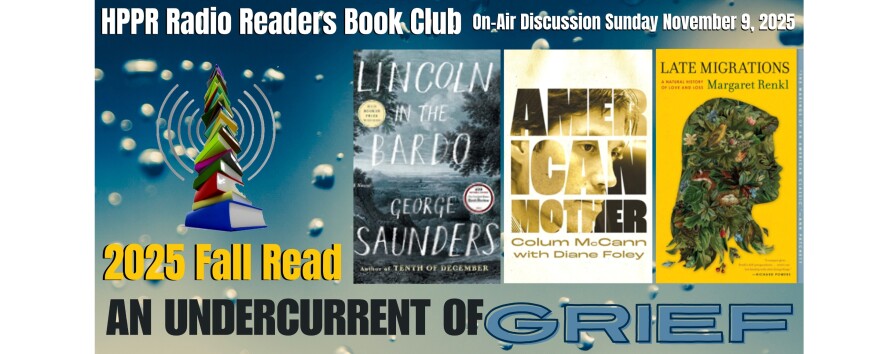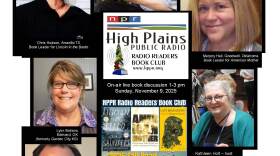This is Linda Allen in Amarillo for the Radio Readers Spring Read “What’s so Funny?” has been on my mind since I read it. The 2022 memoir by David Sipress has me considering and revisiting principles I studied and applied during my education and vocation as a psychotherapist. The discussion of “nature vs. nurture” is a fundamental underpinning in the world of psychology and human behavior. The concept that our childhoods and how we’ve been parented influence our adult years is the nurture factor and the traits we’re born with comprise the nature.
David is an accomplished cartoonist who’s had more than 700 of his sketch-like, ironic pieces published in the “New Yorker” magazine since 1980. I feel sure you’d recognize his work and distinctive style immediately, as I did. His book is peppered with his cartoons and the thoughts and experiences that triggered them.
David’s family and upbringing in New York city are completely different from my own and that made for an appealing read. His father Nat was a Ukrainian Jew when part of Ukraine was still under Russian rule. Like so many other Jewish families, they came to the US prior to Hitler’s rise. At age 8 Nat Sipress emigrated to New York City with his mother and siblings. All Nat ever wanted was to assimilate and become as American as possible. He found success as a jeweler and never looked back, distancing himself from his family and the borough where they had lived a hard-scrabble life. Nat never spoke about his past and David didn’t know those relatives, but he did bear the brunt of his father’s obsession with social standing and accumulating wealth.
David’s mother was a sweet but extremely anxious and overprotective parent who was prone to migraines which would incapacitate her for days. So, with dad working 6 days a week and mom laid low by a headache, young David found some creative ways to amuse himself. His one sibling, a sister seven years older who would’ve preferred to be an only child, also talked him into some questionable acts. She found ways to get him in trouble and taunt him without being held accountable as she was the proverbial princess in her father’s eyes.
At age 4 David first declared that he wanted to be a cartoonist and he hasn’t stopped drawing since. His notes in school always had drawings in the margins, sometimes the artwork crowded out the subject being studied. As a dutiful son he went to college and was nearing the completion of his master’s degree - in Russian History, no less - when he walked out of a final exam and never returned. He was too afraid to tell his parents for weeks when his father finally drug it out of him and immediately cut off funds and contact. By then David had heard how ridiculous his artful aspirations were thousands of times.
So, David’s family relationships and how he was nurtured have provided fodder for his work his entire career. His parents grudgingly admitted after he began to find success that he was good at his craft and what he’d chosen became marginally acceptable.
Fortunately, David married a woman capable of discerning and mitigating the effects of his upbringing and helping him realize where his father’s pronouncements and stunted emotions originated - all in his childhood too. Years of therapy have helped David create a healthier outlook and opinion of himself and the world.
David’s parents and sister are deceased now and he’s left with the echoes of his father’s voice and the remnants of his sister’s instability. Even though his father told David that he wanted the estate to be evenly divided, he learned that his father had supported his sister financially her entire life. There are many cartoons yet to be drawn.
This is Linda Allen for the HPPR spring read.










